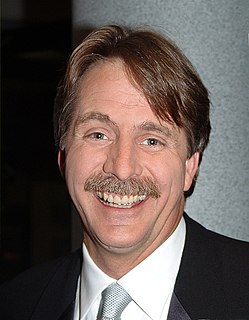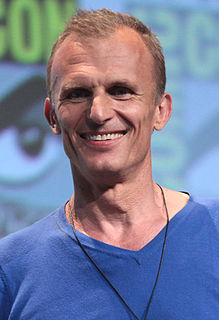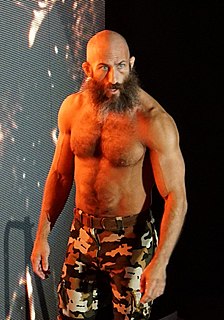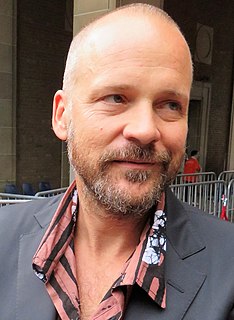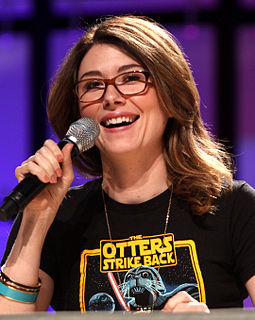A Quote by Celine Sciamma
Shooting with kids you only have three hours on set per day, so you have to know what you want. You have maybe four or five takes to get a scene.
Related Quotes
Here in the United States we're now consuming about three gallons of petroleum per person per day. That's twenty pounds of oil per person per day. We only consume about four pounds of oxygen per person per day. We're consuming five times more oil each day, here in the United States than we are oxygen. We've become the oil tribe.
Film and television are very different. On the TV show, we do seven or eight scenes a day, so time and money are of the essence, and we have zero room for creativity because you've got to do each scene in only five takes. Whereas, on a film, you have an entire day to film one scene, so you have so much time to choose how you want to fill in a scene.
Can't nobody do what Fetty Wap does. So when I go to the studio, it may be four to five hours max, probably three days out the week. I used to go to the studio for 10 to 15 hours, and I would do five to 10 songs. Now I go for four to five hours and I do, like, 15 to 20 songs. I'm an ad lib guy. Most people know me for my ad libs.
Now, everybody knows the basic erogenous zones. You got one, two, three, four, five, six, and seven. ... OK, now most guys will hit one, two, three and then go to seven and set up camp. ... You want to hit 'em all and you wanna mix 'em up. You gotta keep 'em on their toes. ... You could start out with a little one. A two. A one, two, three. A three. A five. A four. A three, two. Two. A two, four, six. Two, four, six. Four. Two. Two. Four, seven! Five, seven! Six, seven! Seven! Seven! Seven! Seven! Seven! Seven! Seven! Seven! Seven! [holds up seven fingers]
Four hours of makeup, and then an hour to take it off. It's tiring. I go in, I get picked up at two-thirty in the morning, I get there at three. I wait four hours, go through it, ready to work at seven, work all day long for twelve hours, and get it taken off for an hours, go home and go to sleep, and do the same thing again.
The only real difference between shooting 'Firefly' and 'Serenity' was that on 'Serenity,' we had a lot more freedom with time. When you're shooting a television show, you usually have anywhere between six and nine pages of script to shoot a day, and only twelve hours to do it. But with 'Serenity,' we could shoot one scene all day long.



